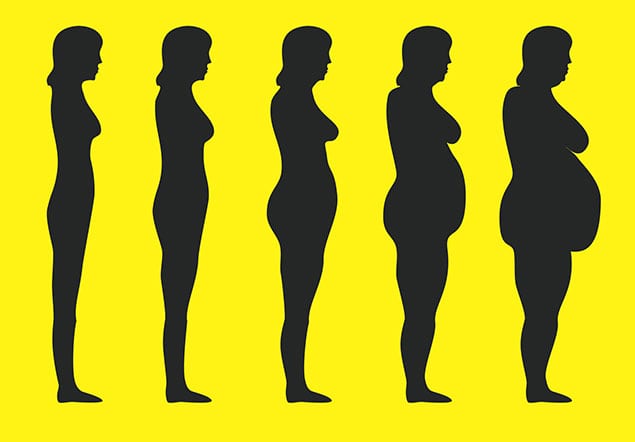
Enjoy a healthier lifestyle with Gastric Bypass surgery.
First developed in the 1960s, gastric bypass has since become one of the most commonly performed weight loss surgeries. It’s a mal absorptive and restrictive procedure that may lead to the eventual loss of 70 percent of excess weight.
- Results have been extensively studied and documented, with many successes reported by patients who stick to suggested dietary and exercise recommendations.
- If you’ve tried non-surgical attempts to lose weight without success, you may benefit from a gastric bypass.
CONTACT US TODAY
Reasons to Consider Gastric Bypass
Any type of weight loss surgery is a serious effort. Gastric bypass is no different. There are many reasons why a do-it-yourself approach to diet and exercise won’t work, such as issues with metabolism. It’s surprisingly easy to reach a point where you develop unhealthy eating habits or get into a frustrating cycle of losing weight only to gain it back. Gastric bypass reduces the size of the stomach while also re-routing the small intestine so fewer calories are absorbed. The result is a faster feeling of being “full” and less weight gain from excessive calorie intake. If you think you’ll be able to make the necessary changes to see productive results and you meet the standard guidelines for qualifying (BMI of 35-40 or more, at least one weight-related health issue), it’s a procedure worth considering.
Preparing for Surgery
Be prepared to cut down on portion sizes and give up some of your favorite foods entirely, especially sugary snacks and drinks. Getting ready for a gastric bypass will also involve having a detailed medical and psychological exam. Screening will start with a look at your overall health and any underlying medical issues you may have, although simply having an existing health problem won’t disqualify you from having surgery. Some weight-related health issues such as diabetes and high blood pressure may improve when extra pounds are shed. The mental health evaluation is necessary to make sure there aren’t issues such as depression and severe stress and anxiety that may negate any positive benefits from surgery.


What to Expect the Day of Surgery
You’ll be expected to stop eating the night before surgery. Performed under general anesthesia, the procedure involves two very important steps that will change how much food is held in your stomach and how it is processed. During the first part of the surgery, your stomach will be divided into two parts and a pouch will be created. The newly created stomach will hold about 28 ounces of food at a time. The second part of the surgery is the bypass. The jejunum, a part of the small intestine, will be connected to the newly created pouch in your stomach. As a result, food will go directly from the pouch to the upper part of the small intestine and fewer calories will be absorbed. Gastric bypass surgery can be done as a traditional open procedure or as less-invasive laparoscopic procedure involving small incisions and special instruments.
Recovery and Follow-Up Visits
The average hospital stay is about 2 to 5 days, depending on how the procedure was done. You will need to take certain medications to manage any discomfort and remain hydrated. A post-surgery diet consists primarily of liquids. Solid foods will be introduced after the first few weeks. Follow-up visits are more frequent within the first six months after the procedure and continue with routine follow-ups based on what a patient needs.
Making Gastric Bypass Results Last
Gastric bypass is not a cosmetic solution for weight loss. In order to make it work for you, choose healthy foods you will actually enjoy eating. Your surgeon may refer to you dietician for assistance with your new food choices and meal plans. Preferably, post-bypass exercise should be a combination of activities you find enjoyable and exercises that match your comfort level and abilities.
Approximately 90 percent of patients who have a gastric bypass keep off at least half of the extra weight, according to studies on its long-term success. Even, so, everybody will have a different experience with the procedure. Your odds of success can be increased by taking small steps before the surgery, such as learning to eat smaller portion sizes. A serious commitment to adopting a healthy and active lifestyle will also help you maintain results. You’ll have a chance to ask questions and discuss your goals and expectations during your initial consultation with our weight loss surgeon. Contact us to learn more today!

